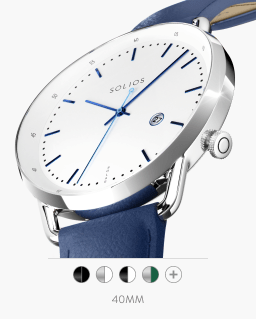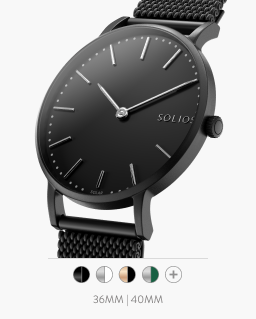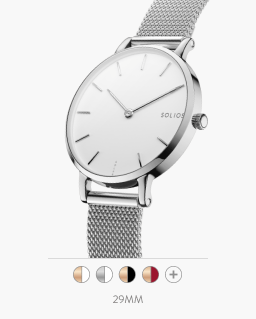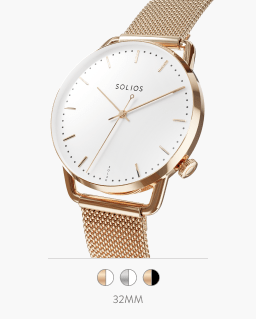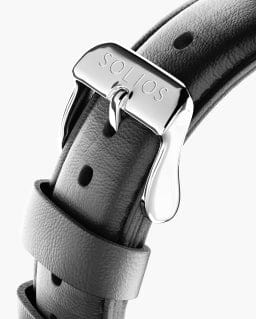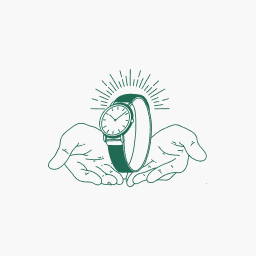Let's take it back to the beginning.
Before wristwatches, men wore pocket watches, and women fashioned their timepieces around their necks. It wasn't until WWI that wristwatches were introduced for practical purposes. After that, you only saw soldiers and pilots sport a wristwatch for easy access to the time.
Once wrist watches became fashionable, only the elite wore them to signify wealth and aristocracy. You wouldn't see women wear a wristwatch unless it was a gift from their father or husband.
And in the workplace, women were seen in the chain line, as their tiny hands could easily manipulate the timepieces. Unfortunately, very few women were able to climb up the ladder though.
Two women, however, had a significant impact on the watch industry. Marie-Antoinette of Austria, the wife of Louis XVI, and Caroline Murat, the younger sister of Napoleon and queen of Naples. Both women were proud collectors of watches and set standards of watch fashion of their time.
Worldwide, women made their mark within the industry at very different times. For example, in Switzerland, women were much more welcome within the industry as early as 1690. However, it was a much slower turnaround in France and England as women were only really accepted in the late 1700s in the factories.
The current situation
Women's participation in all corners of society is a fundamental human right. But, we are somehow seeing around the world that women and girls are massively underrepresented. Including politics, entertainment, decision making positions, and yes, watchmaking,
Over the past 20 years, when looking at the workforce as a whole, the gender gap in labour force participation has stagnated. But why? We know that a balance of men and women has proven to increase performance by 15%.
Furthermore, women are becoming more interested in complex timepieces; this isn't a man's world anymore. Women are not looking for a watch that is a feminine rendition of men's models; they want something of their own. So why aren't more women part of the watchmaking industry?
The arrival of women's representation at the head of large watchmaking houses has begun a change in the design of women's watches, and we love that!
The "Watch Femme" movement

Founded by Laetitia Hirschy and Suzanne Wong, Watch Femme is a safe place for women within the watch industry who want to make their move towards it to learn and ask questions.
Watch Femme joins together on the Clubhouse app to share and discuss experiences and perspectives every Thursday.
"For whatever reason, although the overall industry workforce is pretty much equal parts men and women, the gender distribution is completely skewed at the leadership level."
Before Watch Femme, there was no network or opportunities for mentorship made visible for women. In addition, there was no space to discuss the impact of women not being represented within the watch industry.
Watch Femme was created to empower women and build mentorships amongst each other. However, all feedback and opinions are welcome, including those of men. It's essential to allow space for men to ask questions, as many are unaware of the impact and reality for women in a male-dominated industry.
Women making a difference
Though it is much more common to hear about the leading men of the watch industry, many women deserve that same spotlight. But where to start!
Here are three women empowering the watch movement as we speak (or read).

Rebecca Struthers
The first person in British history to get a Ph.D. in horology, Dr. Rebecca Struthers, is a multi-award-winning designer, historian, and watchmaker.
At the age of 17, the young Dr. Struthers knew she had a bigger mission in life. Initially trained as a jeweler and silversmith, she soon found a way to combine her passion for craft and the science of pursuing horology.
In 2017, Dr. Struthers and her husband founded the Struthers Watchmakers studio and workshops.
Author of Hands of Time, member of the Royal Society of Arts and the British Horology Institute,
Sustainable Skills Ambassador of the Association of Heritage Engineers, and an associate member of the Higher Education Authority, Dr. Struthers is not only paving the way to more diverse watch industry but preserving the heritage skills in the watch, clock, and jewelry craft.

Chabi Nouri
Chabi Nouri is the first female chief executive of Richemont watchmaker. Nourri climbed the ladder to get to her position, starting as Cartier's merchandiser, then moving to International retail operations, then as a jewelry group manager. She took every role to heart and learned everything she could as she moved up.
Nourri has been a powerhouse and a true inspiration for women within and outside the watch industry as she makes her mark. Her positive and progressive view on women in the industry is another one of her many excellent moves.
"What has helped is the progressive mindset of men who not only support the empowerment of women but the importance of diversity within decision-making positions."
Nouri's advice to women? Be confident and never apologetic.
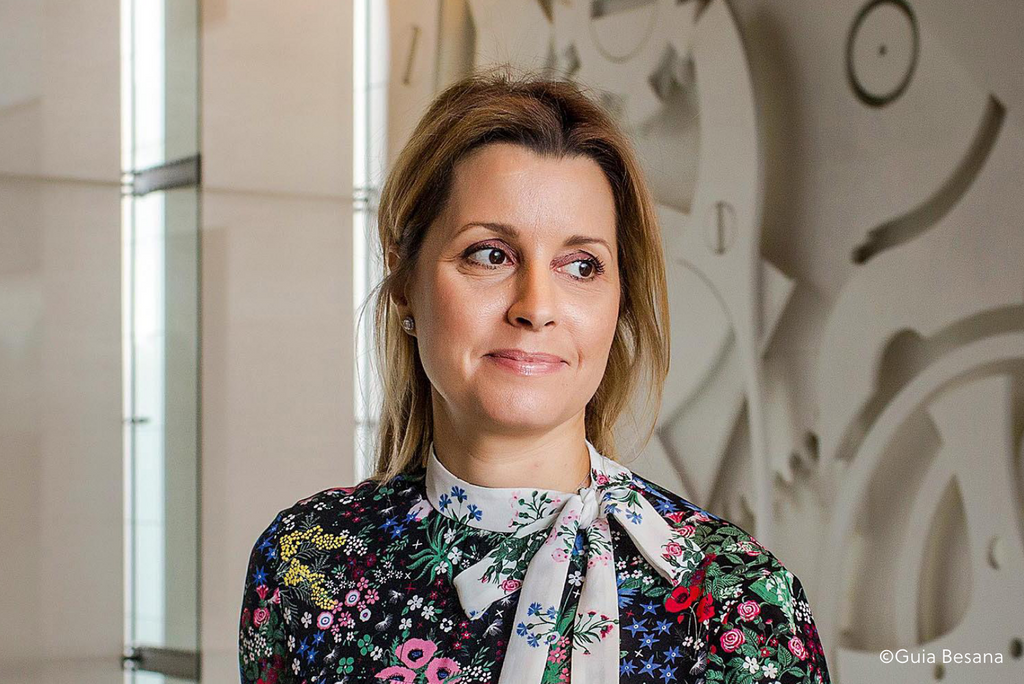
Sandrine Stern
Head of Creation of Patek Philippe, Sandrine Stern began her career with the watchmaking house early on. With 21 years of experience, she knows what she's doing. Though her husband is CEO of Patek Philipe, that has not swayed Stern's career.
Starting in the commercial area of Patek Philipe, Stern learned the ins and outs of the company and watchmaking art. Now, she is on the hunt to design a proper women's watch - not a 'feminine' version of a man's watch.
"The demand for specific women's watches has also increased. Women have become more independent, have good jobs, and a large social circle… are learning to appreciate haute horlogerie."
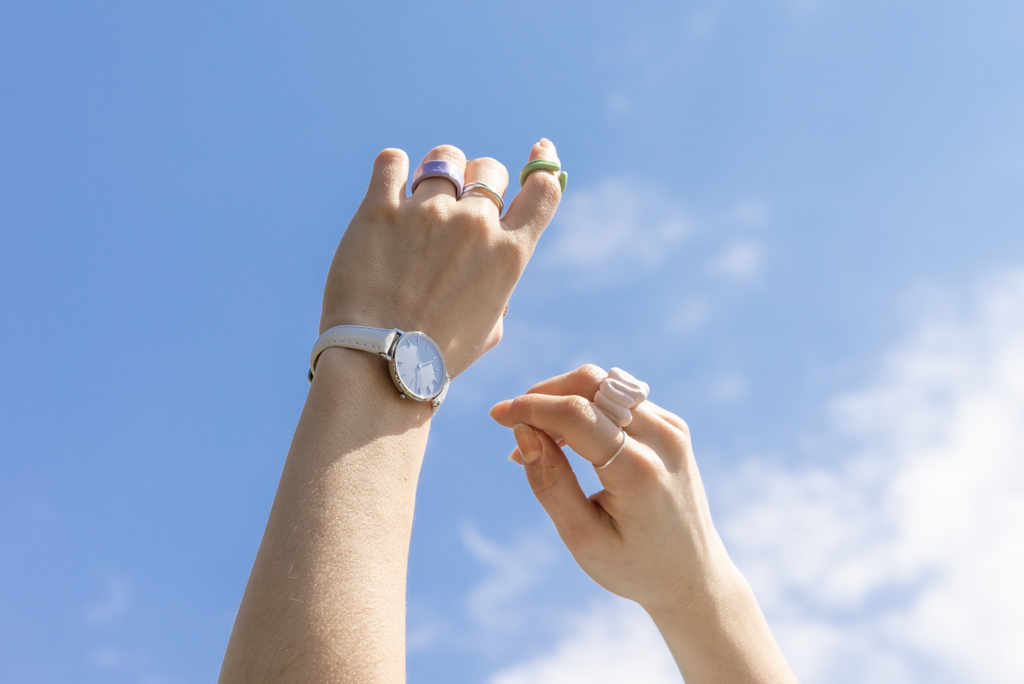
Final thoughts
At Solios, we have a philosophy to always improve and move forward. We have always put at the forefront our values of inclusion and equity amongst our team. We are proud to work and collaborate with women who dominate the watchmaker industry as well as stylists and designers.
As the first B-Corp certified watch company, we take it as a personal mission to encourage and empower women in the watch industry.
We are far from being perfect, but we strive to always improve our brand. This can only be attainable by providing a voice to minorities and women in the workplace.
The representation of women in the watchmaking industry is only just starting. However, we are seeing a greater demand for watches that are curated for women, and with that, we are seeing more women taking the lead.

